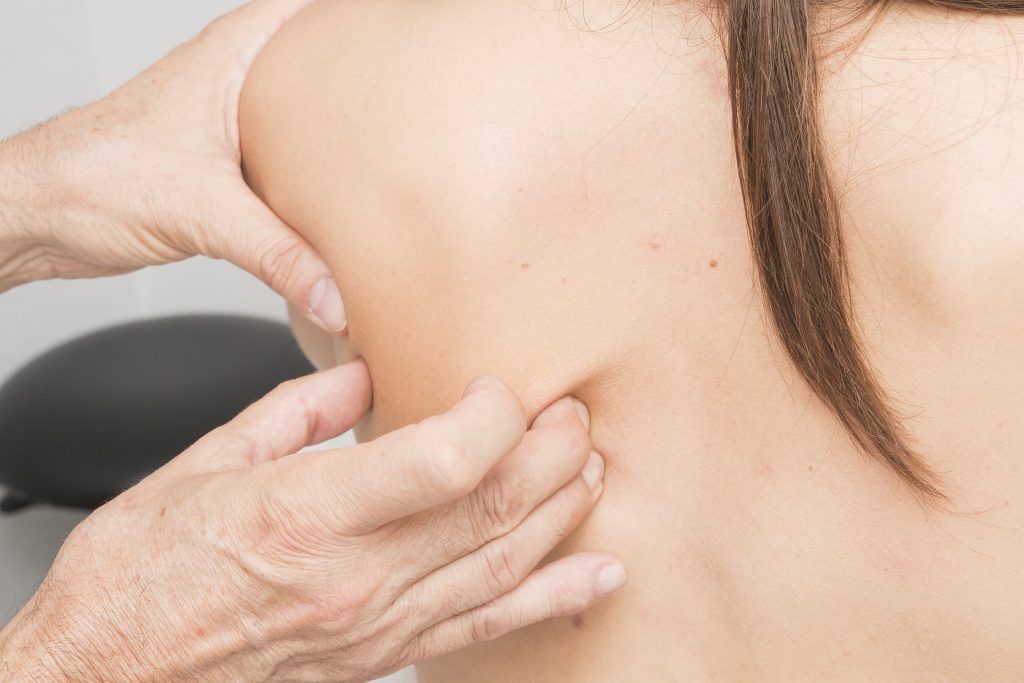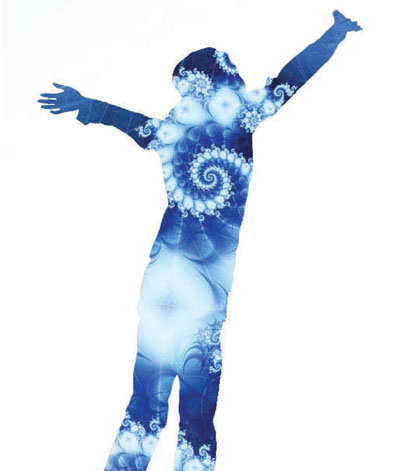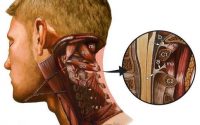Manual fascial treatment during acute inflammation of the connective tissue enhances anti-inflammatory factors
Persistent inflammation processes can cause fibrosis and stiffness of the connective tissue. This increased stiffness may affect the sliding of the connective tissue layers. Further to this, it may contribute to musculoskeletal pain.
Manipulation of the fascial system via manual technique is commonly used for pain management. A study from Brazil and Germany investigate the effect of fascia manual therapy on the connective tissue inflammatory changes in mice.
Swiss Mus musculus male mice (n = 44) were used. The thoracolumbar region of all mice was injured using a needle. Carrageenan was injected to induce inflammation. They were then allocated to four groups: carrageenan without treatment (Car, n = 11), carrageenan with manual treatment (Car + MFS, n = 12), saline without treatment (n = 10), and saline with manual treatment (saline + MFS, n = 11).
The manual fascia treatment was applied from the first to the third day after inflammation of the connective tissue of the thoracolumbar region. Tissue Cytokines and Proteins in the connective tissue were examined after 72 hours.
Results showed that in animals with inflamed tissue, significantly higher levels of TGF-β1 and IL-4 (anti-inflammatory factors) in the thoracolumbar region’s connective tissue after manual treatment compared with the group just treated with saline. Manual treatment did not increase MCP-1, TNF, and IL-6 (pro-inflammatory factors).
The levels of Ly-6G protein and NOS-2 were significantly lower in the inflamed and manually treated group rather than in the saline group.
TGF-β1 together with IL-4 may be acting as pro-resolving cytokines. This enhancement could be promoted by mechanical stimulation. The enhancement of IL-4 and TGF-β may favour macrophage type 2 (M2) recruitment, an anti-inflammatory macrophage phenotype.
Manual fascial treatment may have an anti-inflammatory effect that inhibited neutrophil migration. Lower levels of NOS-2 may be linked to the lack of macrophages responsible for NOS-2 expression.
Manual treatment may be a safe treatment to help manage acute inflammatory processes in musculoskeletal pain conditions, as it does not provoke enhancement of inflammation.
França, Maria Elisa Duarte, et al. “Manipulation of the Fascial System Applied During Acute Inflammation of the Connective Tissue of the Thoracolumbar Region Affects Transforming Growth Factor-β1 and Interleukin-4 Levels: Experimental Study in Mice.” Frontiers in Physiology 11 (2020): 1517.



